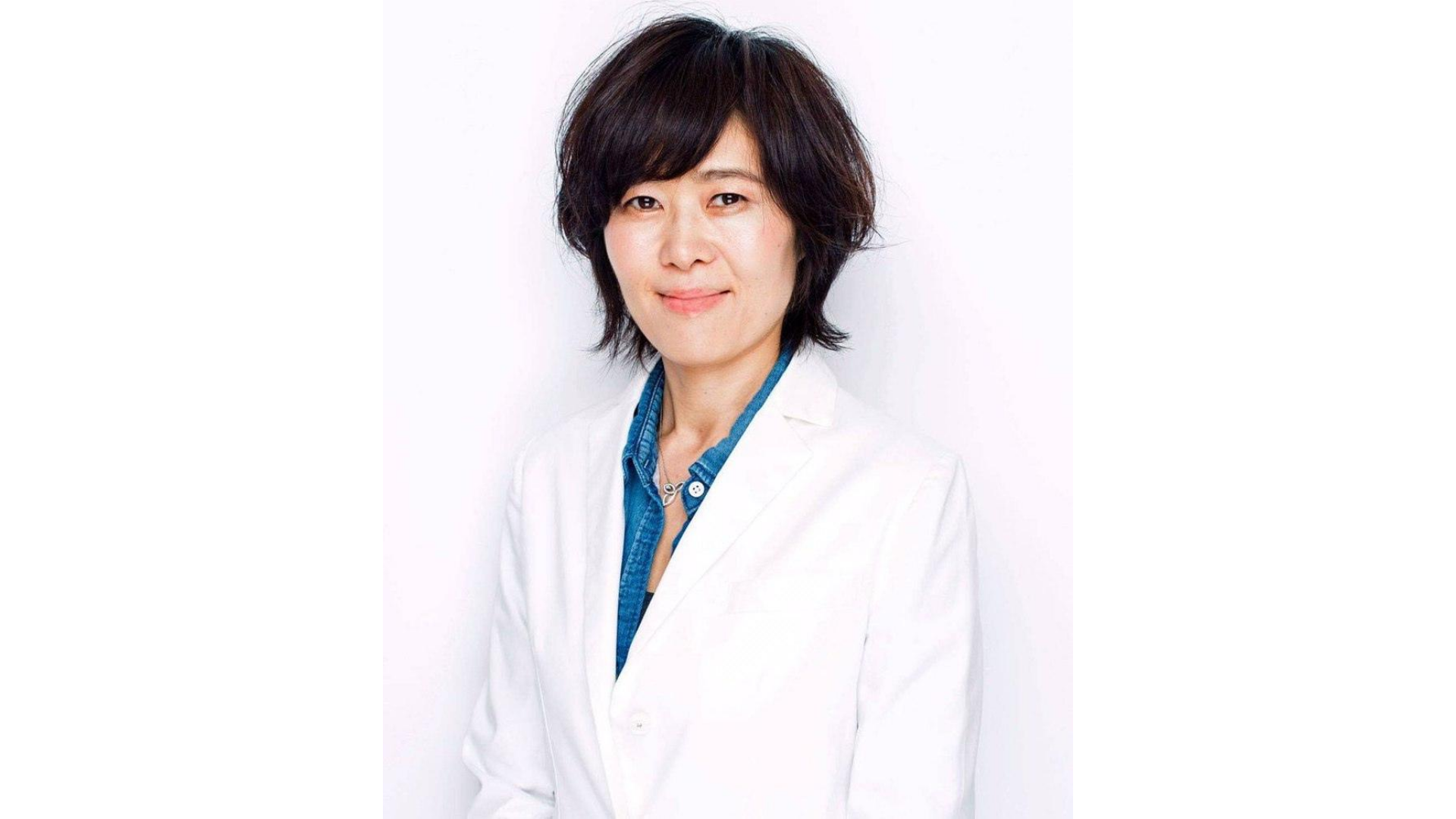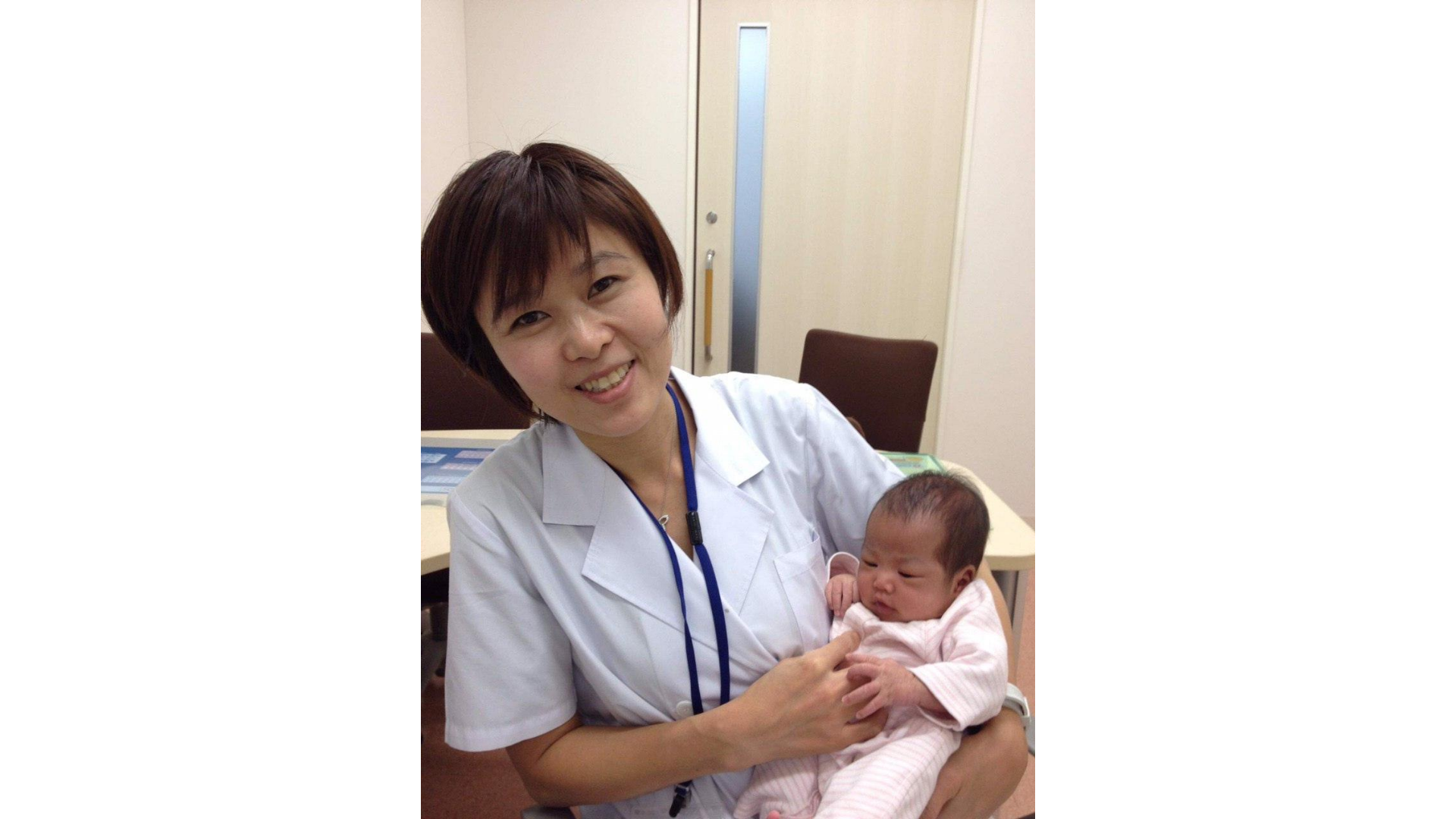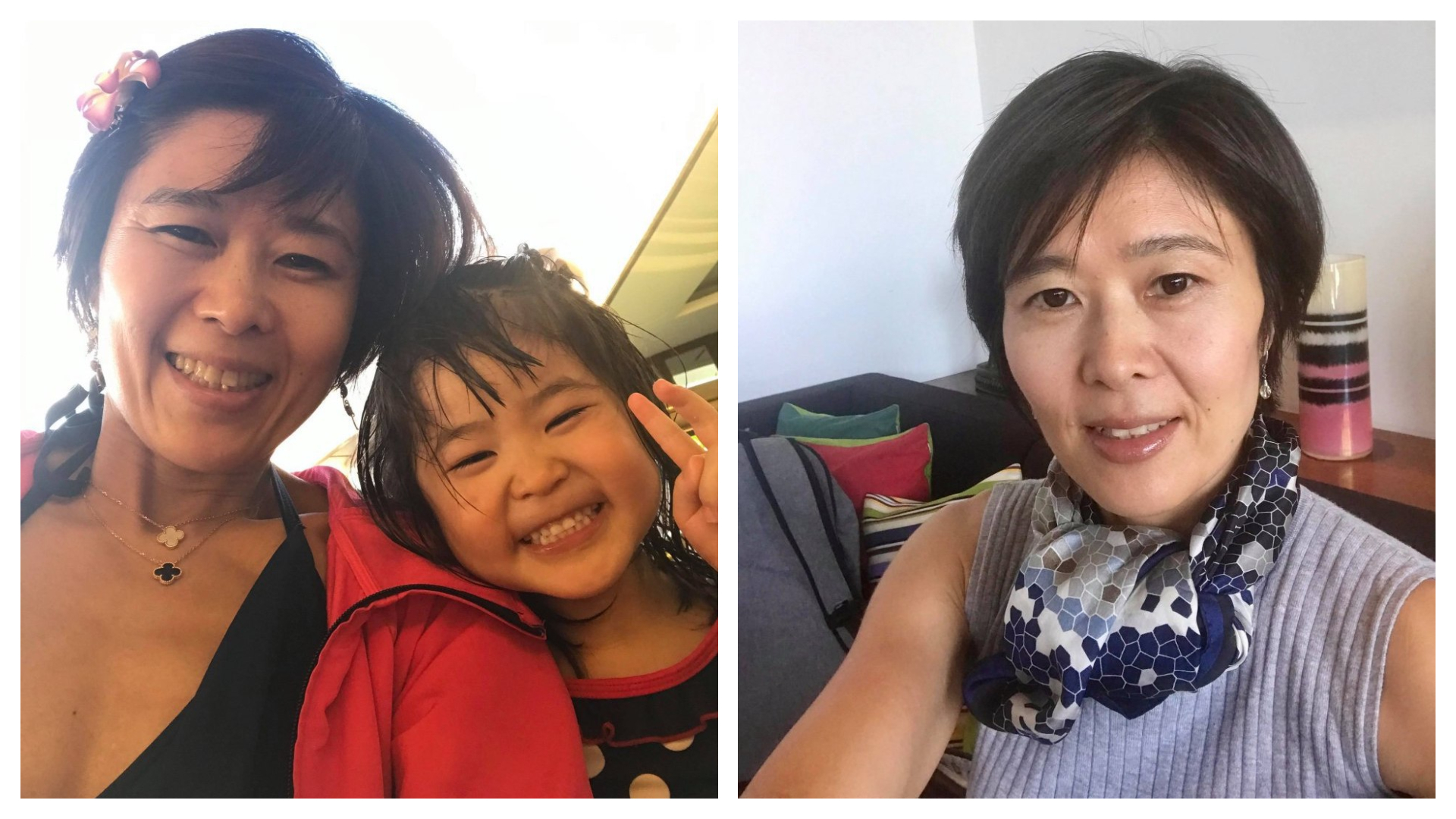
Meet Shizuko Takahashi, 48, a gynaecologist and genetic counsellor at the University of Tokyo School of Medicine, and researcher at the University of Tokyo Center for Biomedical Ethics and Law. The first Japanese physician to receive a graduate degree in bioethics, she is passionate about ethical issues that arise during pregnancy and childbirth, and the impact of sociocultural norms on both patients and medical professionals. HANA KAMEIKE, who attended Shizuko's bioethics seminar at Yale University last summer, reconnects with her in this exclusive interview.
You are not only a gynaecologist, but also a key academic voice for maternal health in Japan. Tell us more about the early days in your journey.
During medical school, while on an exchange programme at Imperial College London, I attended a delivery at the Chelsea and Westminster Hospital. There, I observed that the midwives thought of delivery differently from the physicians and midwives I met in Japan—and they gave women more choices. Imperial College London was also where I took my first course in bioethics. This was around 2001, when no schools in Japan offered bioethics classes.
![]()
Image via rawpixel.
Born and raised in Japan myself, I'm aware how unusual it was back then for a young woman to study abroad. However you went on to have such an interesting educational and career trajectory. Who were your major influences along the way?
Growing up, I looked up to my father, also a physician, for his many admirable qualities. He always thought about peace—he loved the 1970s hippie culture—and had compassion for everyone. He'd give me examples to think about compassion under difficult situations, like the Trolley Problem, and ask me questions relating to end-of-life matters. My mother is another great inspiration. Having studied women's liberation in SUNY Buffalo, she wanted me to become an independent individual, and introduced me to many books and the world of fine arts.

Shizuko with her niece, whom she delivered several years ago.
My other role models include an elderly Italian woman whom I adopted as my "grandmother". Besides teaching me how to write in English and cook Italian food, she also taught me to be independent and to always pamper myself (such as enjoying meals with alcohol). When my "grandmother" remarried at the age of 73, she showed me that love is possible at any age. Then, at 83, she showed me how to die simply when she passed away from a heart attack in her sleep. Upon her death, she left only one small wooden box containing photos and letters, and the obi (a sash for traditional Japanese wear) I gave her. My "grandmother" became the person I will forever look up to.
Outside your roles as a practising physician and academic, you're also the mother of three kids, aged 9, 7 and 4. How are your children dealing with the COVID-19 pandemic and how have you guided their understanding?
Well, when all public schools closed at the end of February, I was really concerned about their understanding of COVID-19. In addition to telling them about the novel coronavirus and how it may affect us, I wrote a children’s book, titled Because The World Has a Cold, Worse Than the Flu. At the time, without any childcare services available, I took the kids with me to work, and they spent their days in the physicians’ waiting room or the secretary’s room. They became scared when they learned about my colleagues' deaths from the coronavirus, and began to grasp the severity of the situation.

(Left) Shizuko with her daughter; (right) Shizuko at work in her office. Images courtesy of Shizuko Takahashi.
Later, around April, the children and I moved to Shizuoka so I could take care of my elderly parents, especially my father who'd had pretty major heart surgery after dealing with stage-three colon cancer. At first the kids were thrilled to be this new environment because there is much more nature and freedom, but these days they're frustrated about the pandemic because it's preventing them from playing with their friends or visiting their father in Tokyo. However, I believe this situation has also given them the opportunity to consider how to be kind towards themselves and others, and to understand how connected people are as a global community. After all, it just took one person to spread COVID-19 across the entire world.
In your observations, how has the pandemic influenced medical care in Japan?
As a medical professional, I am much more protected in terms of gear: we don N95 masks, gowns, and gloves at all times. Some of my colleagues are scared, and others are not. We've had less than a thousand deaths to date, so many physicians are actually more afraid of patients not coming in when necessary.
![]()
Image via rawpixel.
Japan has a socialised medical system, so we have been good about giving equal care to everyone. Before COVID-19, we'd see people coming to hospital when they didn't really need to, but since the pandemic, such cases have definitely dwindled. Moreover—and this isn't unique to Japan—some children are still not getting the necessary vaccinations and check-ups.
In Japan, sociocultural norms play a significant role in how people treat illnesses and medical procedures. How have these norms impacted present behaviours around the pandemic?
I feel that seken (norms in society/community) greatly influences how Japanese people are acting. Before this pandemic, we'd never had an official lockdown, where we'd be penalised for leaving our homes. Seken prevents the bad news from coming out, making people reluctant to get tested for COVID-19, and clinics worried about having infected medical staff and the public knowing about it.
![]()
Image via rawpixel.
At the same time, seken is causing people to wear masks at all times, even when they are driving alone. Through this pandemic, I've realised the large extent to which seken plays a role in Japanese medicine and society.
Coming back to your role a gynaecologist and maternal health advocate, how do you see the culture around childbirth/child-rearing changing in Japan in the future?
Childbirth in Japan has changed a lot in the last three decades. Only 40 years ago, obstetricians thought of the first child as "marking the road" for subsequent children. Back then, when the first child died, it was accepted as something that happens, but today this is no longer the case, as we are performing more Caesarians. The C-section rate has doubled in the past 20 years, and is presently around 20 to 25 per cent, depending on where you are. This percentage is even higher in Tokyo and other metropolitan areas because the average maternal age is higher.
![]()
Image via rawpixel.
Compared to the past, I think Japanese women now have more power in choosing the kind of delivery they wish to have, though there remains this underlying cultural norm that natural birth is the best way to become a "proper" mother. I therefore hope the society will be more accepting of births involving epidurals, elective Caesarians and alternative types of delivery, such as water births and free-style delivery.
As its population shrinks, I want to make Japan a better society for women to grow more comfortable around childbirth and child-rearing. At home, I am raising my sons to become better fathers, and getting them to take part in housework.
![]()
Image via rawpixel.
What advice do you have for your children before they become parents themselves?
I'd like to tell them to love their children unconditionally, the way I simply love them for who they are. Also—don’t let anyone make you feel that you need to become a parent. Opting to be childless is also a good option, as parenthood is a challenging, lifelong task.
Shizuko's children's book, Because The World Has a Cold, Worse Than the Flu (in Japanese), will soon be released on Amazon.
| Hana Kameike was a 2020 Summer Associate (Editorial) at the Lien Centre of Social Innovation. Having grown up in Japan, she is passionate about the development of end-of-life care in Asia. A Philosophy student at Yale-NUS College, Hana is keen to learn more about—and someday become a part of—providing ethical healthcare to marginalised and vulnerable groups. She can be reached at hkameike@u.yale-nus.edu.sg |








Comments